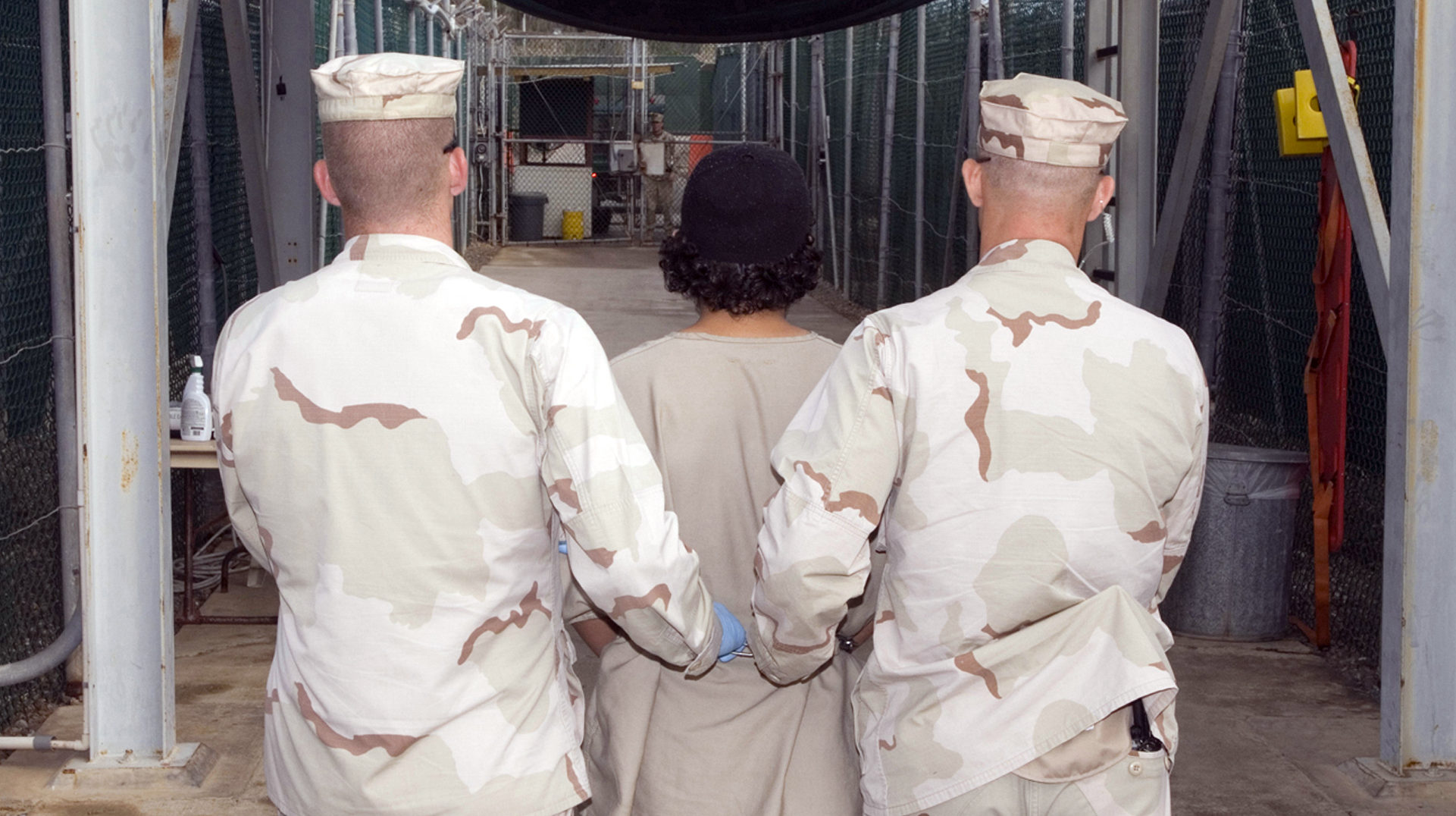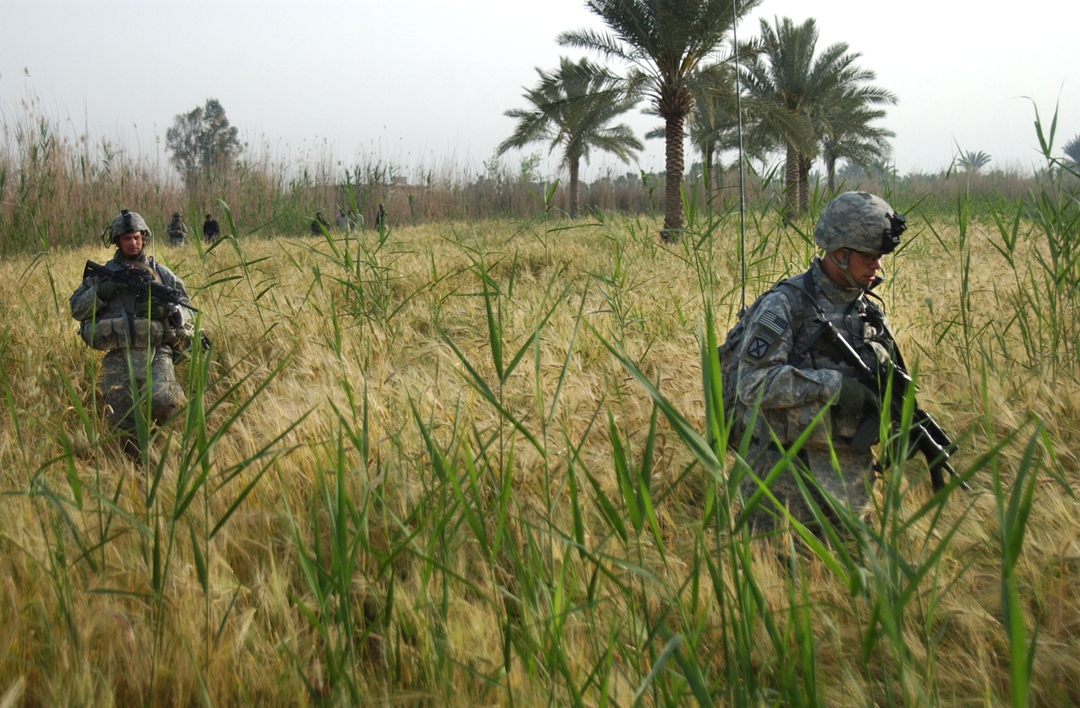Despite its reputation as our less war-inclined neighbor to the north, Canada has become second only to the United States in weapons exports to the Middle East.
The increase in military equipment and weapons sales was noted by IHS Jane’s in its annual “Global Defence Trade Report,” published June 13 by IHS, Inc., a corporate data analysis think tank.
“Canada is the second-largest exporter of defence equipment to the Middle East with $2.7 billion in sales, moving the UK down the table to fourth place, just behind France,” IHS reported in a press release.





